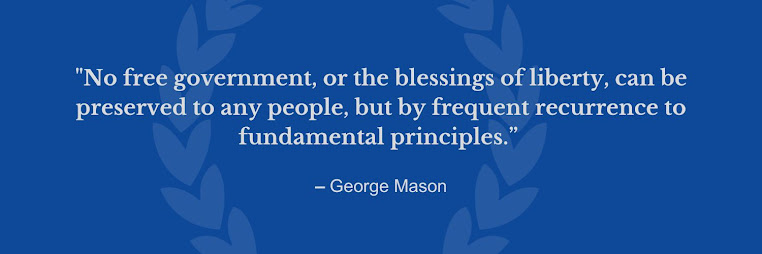As regular readers of this space know, I consider Blair
Levin a good friend, and a longstanding one at that. Aside from our friendship,
I recognize and respect the considerable contributions that he has made and
continues to make in the communications policy arena.
Here I will only mention, most recently, Blair's leadership
of the team that put together the FCC's voluminous National Broadband Plan (regardless of
whether you agree with all its recommendations, and I don't, preparing the plan
was a huge undertaking), and his efforts with regard to the ambitious (and, in
my view, significant) GigU project.
Despite our friendship, Blair and I certainly don't always
agree, especially with regard to assessing the competitiveness of
communications markets and weighing the costs and benefits of regulation.
Simply put, at least as I see it, I have a more deregulatory perspective in
light of my assessment of the increasing competitiveness of most communications
market segments and the costs and unintended consequences of regulations.
All this is a prelude to saying that I was pleased to read
about Blair's remarks yesterday at a "Georgetown on the Hill" forum
regarding AT&T's
IP-Transition petition. AT&T has asked the FCC to allow it to conduct
some trials regarding the ongoing transition to all-IP services and the
retirement of the legacy time-division multiplexed (TDM) facilities. Communications Daily
[subscription required] reports in today's edition that, at the Georgetown
forum, Blair stated: "If a picture is worth a thousand words, an
experiment is worth a thousand pleadings." He declared the requested trials
are unlikely to cause any harm. And he added, "the sooner they start that
experimentation, the sooner the FCC will have real data" so that the
telephone companies will no longer be required to invest "in an
infrastructure we know will be stranded."
In its piece on the forum, TR Daily [subscription required]
reports Blair said: "We are losing investment, we are losing jobs by not
making those investments."
With regard to AT&T's petition, I have to say Blair and
I are in "wild" agreement, and I commend him for the points he made.
In comments
that my colleague Seth Cooper and I filed with the FCC on Monday, we supported
AT&T's request, and we urged the agency to act promptly.
Here is a brief excerpt from our summary:
"In recent years,
the market for voice services has undergone dynamic change. This includes the
emergence of cross-platform competition in local and long distance services as
well as the employment of IP- and broadband-enabled technologies. Trends over
the last several years reveal an ongoing migration of providers and consumers
from legacy TDM networks to all-IP networks. For consumers, and for the nation
as a whole, to realize the full benefit of these innovative and competitive
breakthroughs, the Commission must replace its legacy monopoly approach to
ensuring access to voice services with a much less regulatory approach.
Otherwise, the service providers necessarily will have fewer funds available to
invest in new broadband facilities as they continue to sink scarce capital into
legacy facilities utilized by a dwindling number of customers."
As I see it, this ought not be a left-right issue, or a
pro-regulation or anti-regulation issue. It ought to be a matter of the FCC
facilitating, in a way that best serves consumers, the completion of the transition from analog to broadband networks that
began in earnest more than a decade ago. If the telephone companies are not
allowed to retire legacy facilities in a timely manner, but instead are required
to continue expending funds operating and maintaining them, then they will, as
we said in our comments, and as Blair's remarks suggest, lose investment
opportunities to build out new broadband Internet infrastructure.
A final note: As I think more about this, it occurs to me
that perhaps there are other subject areas, with their own particular sets of
legacy regulatory requirements, where the Commission usefully might employ
trials or experiments to determine whether outdated regulations can be eliminated,
or at least relaxed, while at the same time protecting consumers. In proper
circumstances, conducting such trials might be one way the agency can help
reinvent itself as an institution more attuned to the fast-changing marketplace
realities of the digital age. Or put another way, to quote a friend, in proper
circumstances, "an experiment is worth a thousand pleadings."
I suspect that Blair might be of the same mind with regard
to thinking about other areas where trials might be a means towards implementing
further reforms. But, in any event, I'm heartened he added his voice to those
urging the FCC to move forward to facilitate completion of the transition to all IP broadband networks.




